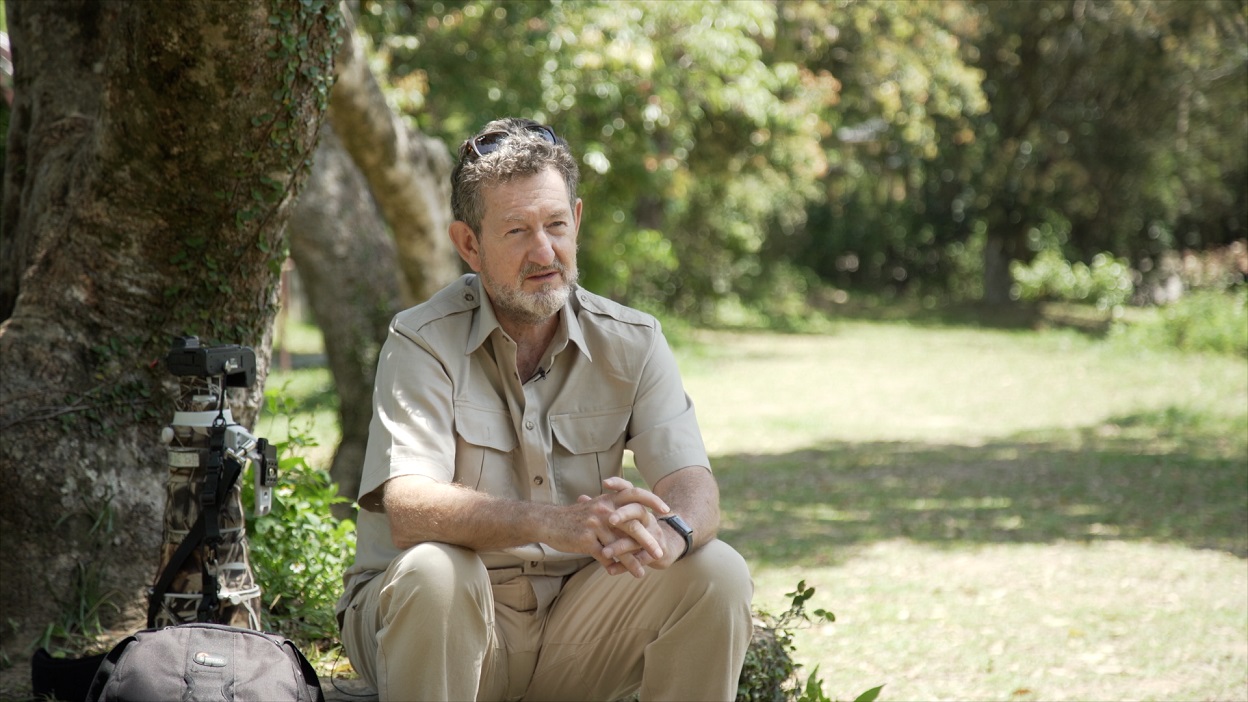“With great power comes great responsibility” is a saying that has some links to Voltaire but whose origins are more associated with the Spiderman comics. It has continuing relevance today when it comes to protecting the world’s forests.
China increasingly has the power part down to a tee, particularly when it comes to acquiring natural resources. The country is now the largest single importer of wood in the world and in the six countries that make up the Congo Basin. The purchasing power of its leading trading companies has an increasingly disproportionate impact on local forestry industries and on communities relying on the forests for their livelihoods.
It is the responsibility part that needs some work. The Congo Basin is the world’s second-largest rainforest and plays a key role in regulating the global climate, but it is under threat from numerous drivers of deforestation. Illegal logging is chief among those. Reports estimate that countries in Africa lose as much as $17 billion a year in combined revenue from the practice and that in the Democratic Republic of Congo (DRC) as much as 90% of all logging activity is illegal.
Given that China, which eclipsed the European Union (EU) as the main importer of Congo Basin wood in 2012, brings in almost half of all the timber exported from the region, it does not really need much thinking to join the dots.
However, joining the dots is exactly what Greenpeace is here for and through a process of interviewing some of the country’s leading timber importers that dominate the market in log imports, Greenpeace East Asia has compiled a new report which shows that some of the largest companies either know very little about the problems and risks involved with the trade in illegal timber or are wilfully ignorant of them.
Opportunity Knocks shows that the lack of binding forestry legislation in China, akin to the European Timber Regulation (EUTR) or the Lacey Act in the US, means that importing companies are obliged by goodwill and trust alone to ensure their supply chains are free of suspect or illegal timber and that proper due diligence processes are applied at all stages of sourcing and trading the wood.
Greenpeace is often labelled cynical and negative by our critics, but it is not hugely controversial to say that trust and goodwill are rarely enough to combat widespread and entrenched illegal practices. Some of the companies we interviewed said they had no illegal wood in their supply chains, yet at least one had been linked to illegal activities in logging concessions it operates in Cameroon for several years. The company has also allegedly traded in so-called conflict timber after it sourced from the Central African Republic and frequently payed the armed rebel group SELEKA.
Given the huge volume of wood brought into the country each year and the high percentage of illegal timber coming from the Congo Basin and the fact that the majority of leading Chinese importers seem to generally ignore the problem, then it is easy to conclude that these cases may be just the tip of the iceberg.
Of course China alone cannot eradicate illegal logging. Despite the EUTR, that expressly prohibits it, shipments of illegal wood continually head for European markets to be placed and sold, because European government seem to fail to remember to effectively enforce the legislation. And Congo Basin governments in Cameroon, the DRC and beyond need to seriously tackle the problems of corruption, weak governance and lack of political will that saturate forestry sectors in the region.
But China and its companies, due in no small part to the large purchasing power they wield, have a golden opportunity to take the fight against illegal timber trade seriously. If the government can move towards the introduction of binding legislation and remind companies of their responsibility, then undoubtedly their influence and power will soon start to produce results on the ground.
Wenjing Pan is a Senior Global Campaigner with Greenpeace East Asia



